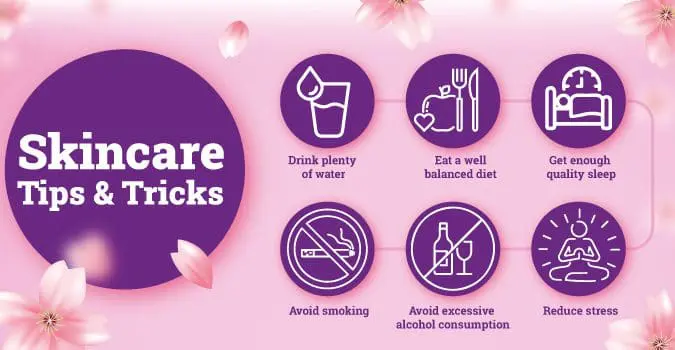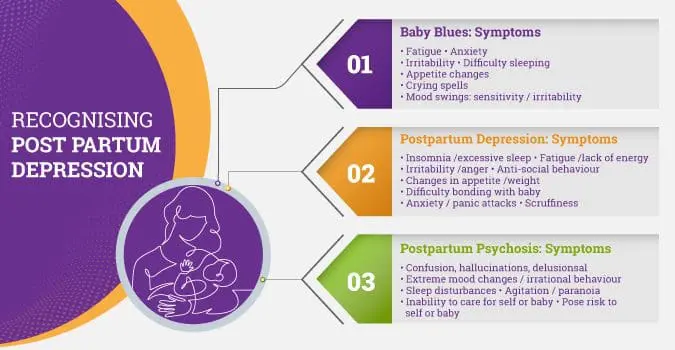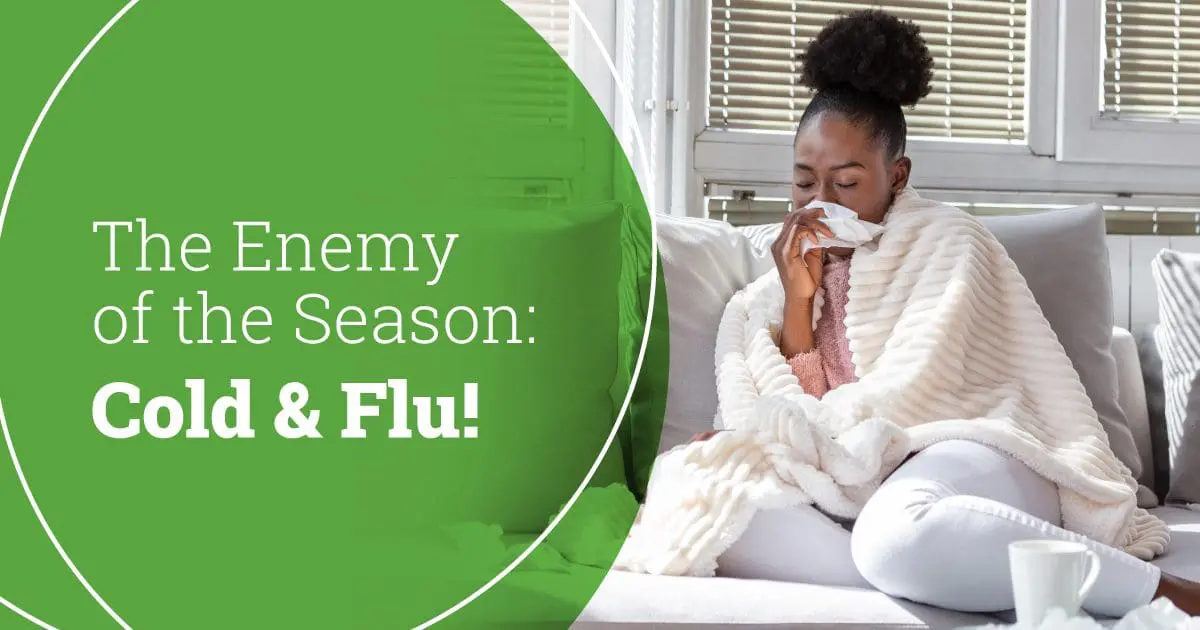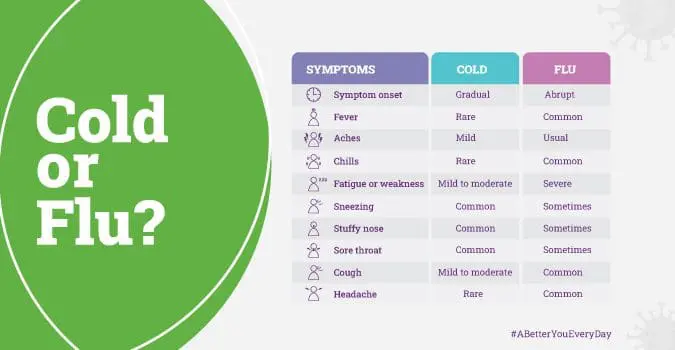
Your skin is the largest organ in your body, and it is essential to take care of it. Proper skin care can help you maintain healthy and glowing skin, prevent premature aging, and even prevent skin diseases. In this article, you will learn the basics of skin-care, including how to understand your skin type, steps to an effective skin-care routine, essential products, and tips and tricks for healthy skin.
Introduction to Skin Care
Many people underestimate the importance of skin-care. However, your skin is your body’s first line of defense against external factors such as pollution, UV rays, and bacteria. A proper skin-care routine can help you maintain healthy skin and prevent various skin problems such as acne, rosacea, and eczema.
Importance of a Skin Care Routine
Having a skin-care routine is crucial to ensure that your skin receives the care it deserves. A good skin-care routine helps to nourish and protect your skin, regulate oil production, and prevent premature aging. Moreover, it can help you identify any skin problems early on and address them before they become worse.
Understanding Your Skin Type
The first step in creating an effective skincare routine is to understand your skin type. We recommend a skin test, from select stores at Goodlife. From the skin test, you’ll get to understand if you have: normal, oily, dry, combination, or a sensitive skin type. Each has its characteristics and requires specific care. Understanding your skin type can help you choose the right products and develop a routine that works for you.
Steps to an Effective Skin Care Routine
A good skincare routine should consist of several steps that work together to protect and nourish your skin. The essential steps include cleansing, toning, moisturizing, and applying sunscreen. These steps should be done twice a day, in the morning and at night, to ensure maximum effectiveness.
Morning Skin Care Routine
Your morning skincare routine should focus on protecting your skin from external factors such as pollution and UV rays. Start by cleansing your skin to remove any dirt or oil that accumulated overnight. Follow with a toner to balance your skin’s pH and prepare it for moisturizing. Finish with a lightweight moisturizer to hydrate your skin and provide a barrier against external factors.
Night Skin Care Routine
Your night skincare routine should focus on repairing and rejuvenating your skin while you sleep. Start by removing any makeup or dirt using a gentle cleanser. Follow with a toner to balance your skin’s pH and prepare it for the next steps. Apply a serum or treatment to target any specific skin concerns, such as acne or aging. Finish with a moisturizer to lock in hydration and provide a barrier against external factors.
Men’s skin are different from women’s skin and requires specific care. Men’s skin are thicker, oilier, and have larger pores. Therefore, men should use products designed for their skin type and avoid harsh products that can strip their skin of natural oils. Additionally, men should include products that target specific skin concerns such as shaving irritation and ingrown hairs.
Common Skin Care Mistakes to Avoid
Many people make mistakes when it comes to skincare, which can lead to various skin problems. Some of the most common mistakes include using harsh products, skipping sunscreen, over-exfoliating, and not removing makeup before bed. Avoiding these mistakes can help you maintain healthy skin.
Best Practices for Protecting Your Skin
In addition to a good skincare routine, there are various best practices that can help you protect your skin. These include wearing protective clothing such as hats and sunglasses, seeking shade during peak sun hours, avoiding tanning beds, and being aware of any changes in your skin.
To conclude, taking care of your skin is essential for maintaining healthy and glowing skin. By understanding your skin type, developing an effective skincare routine, and using essential products, you can protect and nourish your skin. Additionally, incorporating tips and tricks, avoiding common mistakes, and adopting best practices can help you maintain healthy skin for years to come.
To get a free skin consultation, WhatsApp or Call 0700 703 000 | https://wa.me/254700703000


















